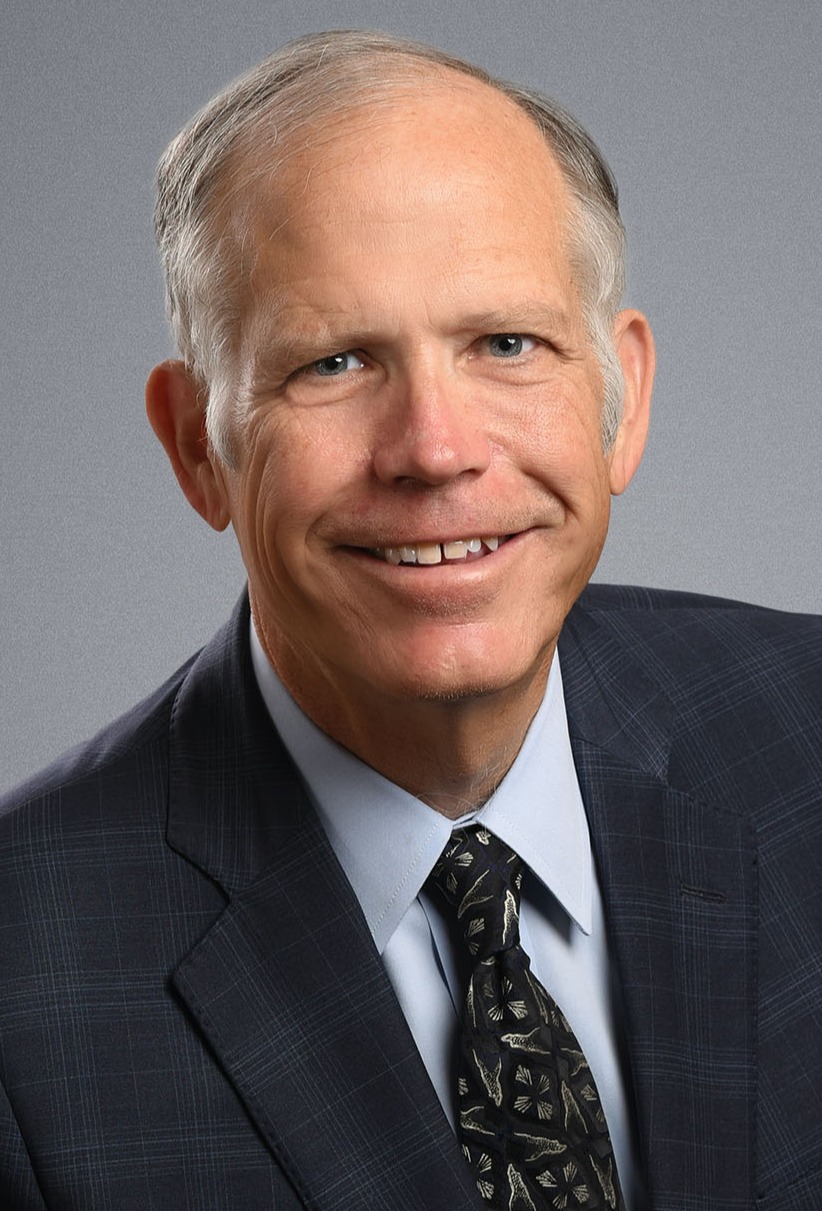Courts historically have applied the alter ego doctrine to "pierce the corporate veil" so that a shareholder may be held liable for the debts or conduct of the corporation. California has extended the possibility of alter ego liability to members of...

Keith Paul Bishop
Recent Posts
Sometimes, the law is just weird. The case of PGA West Residential Ass'n, Inc. v. Hulven Int'l, Inc., Cal. Ct. App. Case No. E064270 (Aug. 9, 2017) is weirder than most. The lawsuit alleged that the defendant had tried to insulate the equity in his...
In March 2011, the three-member compensation committee of EchoStar Corporation awarded options to purchase 1.5 million shares of company stock to its Chairman, Charles W. Ergen. According to EchoStar's proxy statement for its 2012 annual meeting,...
Recently, I enjoyed watching My Name is Bill W., a 1989 movie that starred James Woods, JoBeth Williams and James Garner. The film tells the story of Alcoholics Anonymous co-founder William Griffith Wilson (aka Bill W.). In telling his story, the...
Last week's news was filled with reports that Special Counsel Robert Mueller had impaneled a grand jury (The Wall Street Journal). Or did Mr. Meuller empanel a grand jury (The Washington Post). Aside from the political and legal issues, these...
In an opinion issued yesterday, the Nevada Supreme Court addressed the extent to which a member of a limited liability company is protected in a negligence based tort action against the LLC. Gardner v. Henderson Water Park, LLC, 133 Nev. Adv. Op. 54...
For years, I've been critical of governance experts who promote "best practices" without any basis that these practices are actually effective, much less the best. For example, the Harvard Law School's Shareholder Rights Project undertook to push...
Derivative actions can be somewhat confusing. Although the entity is essentially the plaintiff, it is named as a defendant. Initially, one might question why must the corporation be named as a party? I can think of at least two reasons. First, the...
John Jenkins recently took note of this letter from the SEC's Office of Investor Advocate commenting on a proposal by the Financial Accounting Standards Board to amend the definition of "materiality" in Concepts Statement No. 8, Conceptual Framework...


.png?width=100&height=100&name=corporate_law_blogs%20(1).png)